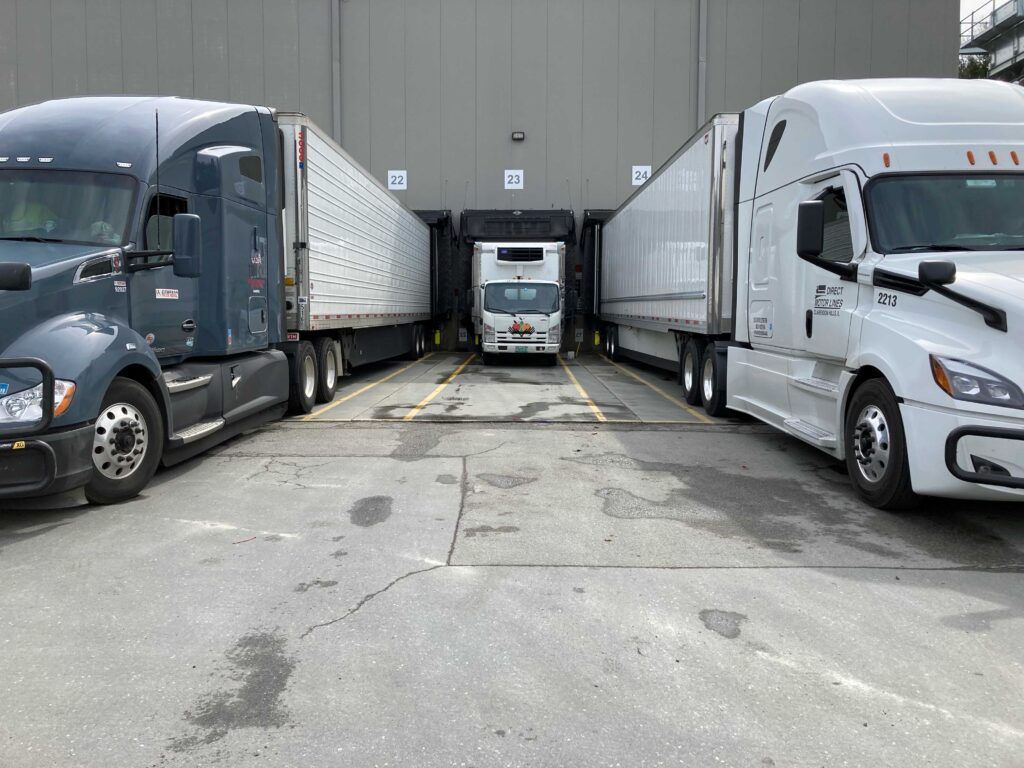Reducing Food Waste is a Climate Solution
Climate change is a big, daunting issue. It’s clear that we must take meaningful action.
The good news is that reducing food waste is one of the most exciting community-scale climate solutions.
According to Project Drawdown, a resource on climate solutions, reducing food waste is one of the top three most impactful ways to reduce greenhouse gas emissions. That’s because more than 30 percent of food grown annually in the U.S. is never eaten, meaning that all of the energy and resources that went into producing the food are wasted.
When we put all of that perfectly good food to use, we reduce the demand for additional food production and reduce the amount of methane coming from landfills, ultimately reducing greenhouse gas emissions.
It’s a win for the planet, but also a win for our neighbors. The Food and Agriculture Organization (FAO) estimates that enough food is wasted globally to feed more than 1 billion people. Diverting this perfectly good food onto people’s plates has the potential to greatly reduce food insecurity on a global–and local–scale.
Here in the Upper Valley, Willing Hands is hard at work bridging this gap between food waste and food insecurity. Every week, all year long, our trucks pick up surplus produce from grocery stores, wholesalers, bakeries and farms, and deliver it for free to more than 80 food shelves and social service organizations serving food insecure individuals and families.
An analysis conducted by researchers in the Dartmouth Environmental Studies Department found that Willing Hands’ food recovery and gleaning programs prevent the emission of about 1 million pounds of carbon dioxide equivalent annually. That’s equivalent to taking almost 100 cars off the road for a year.
Now, with the help of a community advisory committee, Willing Hands is drafting a Climate Action Plan which will outline ways to double our net-negative carbon footprint by increasing our avoided emissions and reducing our direct emissions.


Meet the Climate Action Plan Advisory Committee
- Andy Friedland, Willing Hands board member and Professor of Environmental Studies, Emeritus at Dartmouth College
- Marta Ceroni, Co-Director at the Academy for Systems Change
- Linda Gray, Norwich Energy Committee
- Robin Tindall, Environmental Stewardship Team Leader at Hypertherm Associates


